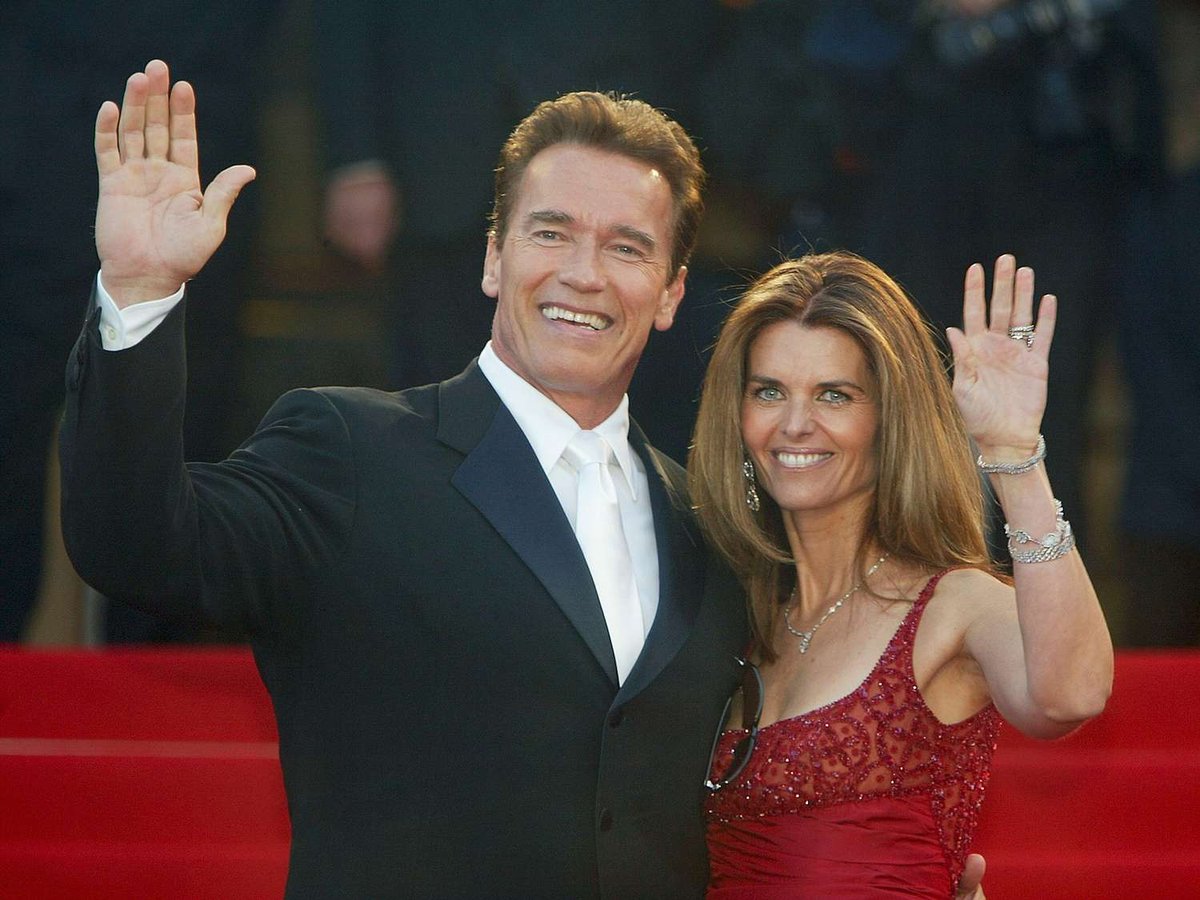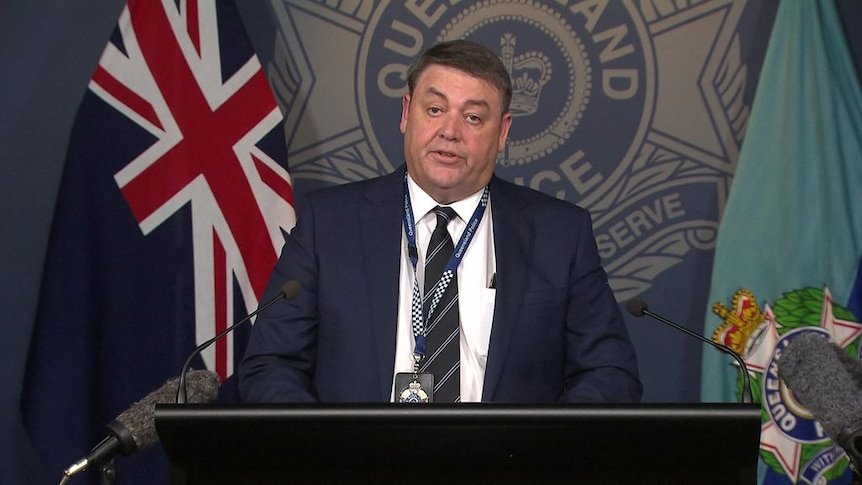Roseanne Barr Claims Divine Command Behind 2018 Racist Tweet

Let’s cut through the noise: Roseanne Barr insists she wasn’t acting on impulse when she sent that explosive 2018 tweet targeting former Obama aide Valerie Jarrett—she says “God told me” to do it. In her recently released memoir, “Rising Strong,” the comedian-turned-author revisits the tweet that labeled Jarrett a “white supremacist,” an online outburst that prompted ABC to cancel the revival of Roseanne after just one season (New York Post, May 2018). Barr recounts a moment of divine inspiration, claiming she “heard” a higher power instruct her fingers to hit send—a confession that has reignited debate over accountability, mental health, and the influence of faith in moments of crisis.
Barr’s detailed account reveals that she was undergoing treatment for insomnia and had been prescribed Ambien at the time, a point she’s raised before in interviews with People Magazine (June 2018). This time, she adds new context: she was struggling with the breakup of her marriage to Tom Arnold—whom she married in 1990 and divorced two years later—and dealing with unresolved anger toward her ex-husband’s alleged schemes to sabotage her career (Rolling Stone, July 2020). Barr writes that amid this personal turmoil, she experienced what she describes as “a clear spiritual directive,” insisting she genuinely believed a divine voice had singled out Jarrett as a target.
Critics have been swift to reject any notion that faith absolves hate speech. Civil rights groups and social media commentators pointed out that turning racism into a spiritual duty only deepens divisions, a counterpoint reflected in coverage from The Washington Post (May 2018). Barr’s team, however, emphasizes her ongoing journey of repentance and recovery. Since the cancellation, the 67-year-old comedian has undergone therapy, public apologies, and even a stint at a faith-based rehab center in Arizona, where she explored the intersection of her religious beliefs and public persona.
Despite her public mea culpa—“I’m sorry for the pain I caused,” Barr writes in “Rising Strong”—her legacy remains fractured. A defamation lawsuit filed by Jarrett was dropped in 2019, but the stain on Barr’s reputation persists. Advertisers still balk at her name; fellow entertainers tread lightly when referencing her work. Yet Barr’s memoir sales soared in its first week, suggesting that curiosity about her downfall and comeback still captivates audiences.
What’s next for Roseanne Barr? Will she find a path back to mainstream acceptance, or will this latest controversy cement her as a cautionary tale? And how will her claim of divine sanction be received by fans, critics, and the broader faith community? Only time will tell—and that’s the story for now. We’ll see what unfolds next.
Sources: Celebrity Storm and People Magazine, Rolling Stone, The New York Post, The Washington Post
Attribution: Creative Commons Licensed




